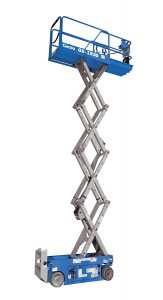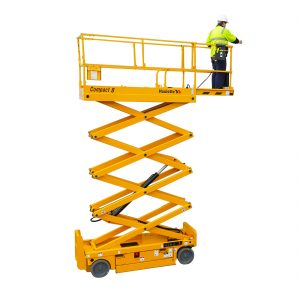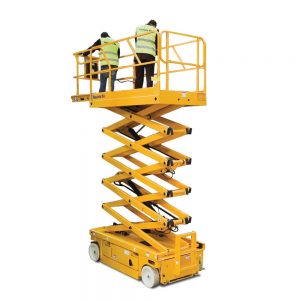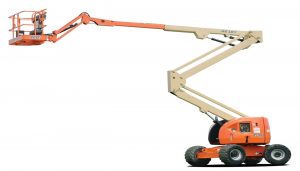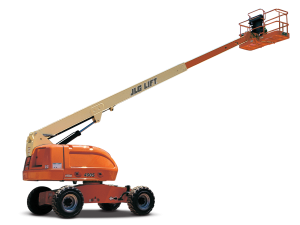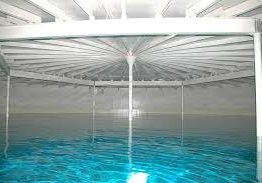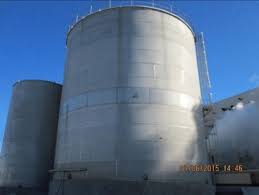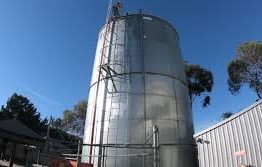- HOME
- ABOUT US
- APPROVALS
- JOBS
- OUR SERVICES
- INSPECTION
- TRAINING
- CONSULTANCY
- IOSH
- PERSONAL CERTIFICATION
- MY FILES
- CONTACT US
- HOME
- ABOUT US
- APPROVALS
- JOBS
- OUR SERVICES
- INSPECTION
- TRAINING
- CONSULTANCY
- IOSH
- PERSONAL CERTIFICATION
- MY FILES
- CONTACT US
© 2025 BSAFE SAFETY. Created for free using WordPress and Kubio
B Safe Safety & Security Consultancy
Booking and inquires.
B Safe Safety & Security Consultancy Certified Inspectors have been independently evaluated and certified to inspect all type of MEWP, regardless of make, model or manufacturer.
We are known for our competitive pricing, flexible scheduling, and punctual timings, for any requests or inquires do not hesitate to contact us.
Potable Water Tank Inspection
What
is a Potable water tank
Potable water tanks are water
storage tanks holding drinkable water, these tank shall comply with the rules
and regulations of the food safety department of Dubai municipality.
As per a recent circulation sent
from Dubai municipality, all the water tanks in schools, hotels, and commercial
buildings, such as malls and tourist attractions, shall be considered as
potable water tank, this is to push the vision of having drinkable tap water in
Dubai.
What are
the common types of Potable water tanks
There
are various types of water tanks covered by the guideline, namely;
·
Reinforced Cement Concrete
Tanks “RCC Tanks”:
§
RCC tanks are typically used in the basement/ground
level, and are used to store the raw DEWA water and sometimes the filtered and
chilled water in the ground level.
·
Glass-Reinforced Plastic panels Tank “GRP Tanks”:
§
GRP Tanks can be used at the ground level as well as
at the upper levels to store the water prior to the distribution, they are the
most common type of tanks found for water storage purposes.
·
Plastic Tanks:
§
Typically used at schools due to the price point,
we’ve observed that these tanks age poorly and generally require replacing
after few years of service.
·
Galvanized Tanks:
§
Steel tanks are rarely used for storing potable
water.
Do you
have to get your water tanks inspected?
Yes! Recently
Dubai Municipality announced Circular Ref. No. DM-FSD-CR01 related to Drinking
Water Tanks Inspection. Whereas Dubai Municipality Food Safety Directorate –
Drinking Water Control Unit issued new water system monitoring and inspection
guidelines. The scope of implementation covers the following: schools,
residential, commercial buildings, universities, government buildings,
hospitals, mosques, public buildings and factories with sources of un-bottled
water.
The new
guideline requests the owners or operators of all Dubai-based premises, from
the categories mentioned, to obtain a conformity certificate for all of the
domestic water tanks in every facility, except the private villas. The
guideline includes a list of legal action which will be taken by DM against
noncompliant parties.
B Safe
Safety is an accredited inspection body. Hence, obtaining our certification for
the domestic water tanks will waive any fines and problems that you may face
during the routine Dubai municipality visits.
What we are checking during the inspection.
The
third party inspection for potable water tanks is mainly consisting of two
parts;
·
Chemical properties of the water:
o
This includes the pH level, TDS value, chlorine
concentration, bromate level, and Escherichia coli test.
·
Physical condition of the tank:
o
This will observe if the tanks’ physical condition
is complying with the regulations, checking for rust, cracks, uncovered
openings, etc.
Documentation & Reporting.
Upon the
completion of the inspection and the finishing up the lab results an initial
report will be issued, and a follow up email will be sent to the client.
Then,
assuming everything is satisfactory, a certificate will be issued. The
certificate is valid for 1 year after the inspection.
In case
the tank was not satisfactory, we will provide assistance for explaining the
problem as well as the corrective actions, and a re-inspection shall be
conducted after rectification.
Here at
B Safe Safety, our certificates and initial reports are made to be easy to
understand, simplicity and accuracy are our aim when it comes to certification
and documentation.
B Safe
Safety is an authorized body for analysis, inspection, and certification
services in UAE.
Booking and inquires.
We
ensure the potable water tanks undergoing our safety inspection are complying
with the requirements of the food safety department.
We
adhere to local regulations without compromising our thought out flexibility,
this ensures that you will evade any issues with the local authorities so long
you have obtained our certification.
We are
known for our competitive pricing, flexible scheduling, and punctual timings,
for any requests or inquires do not hesitate to contact us.
© 2025 BSAFE SAFETY. Created for free using WordPress and Kubio
